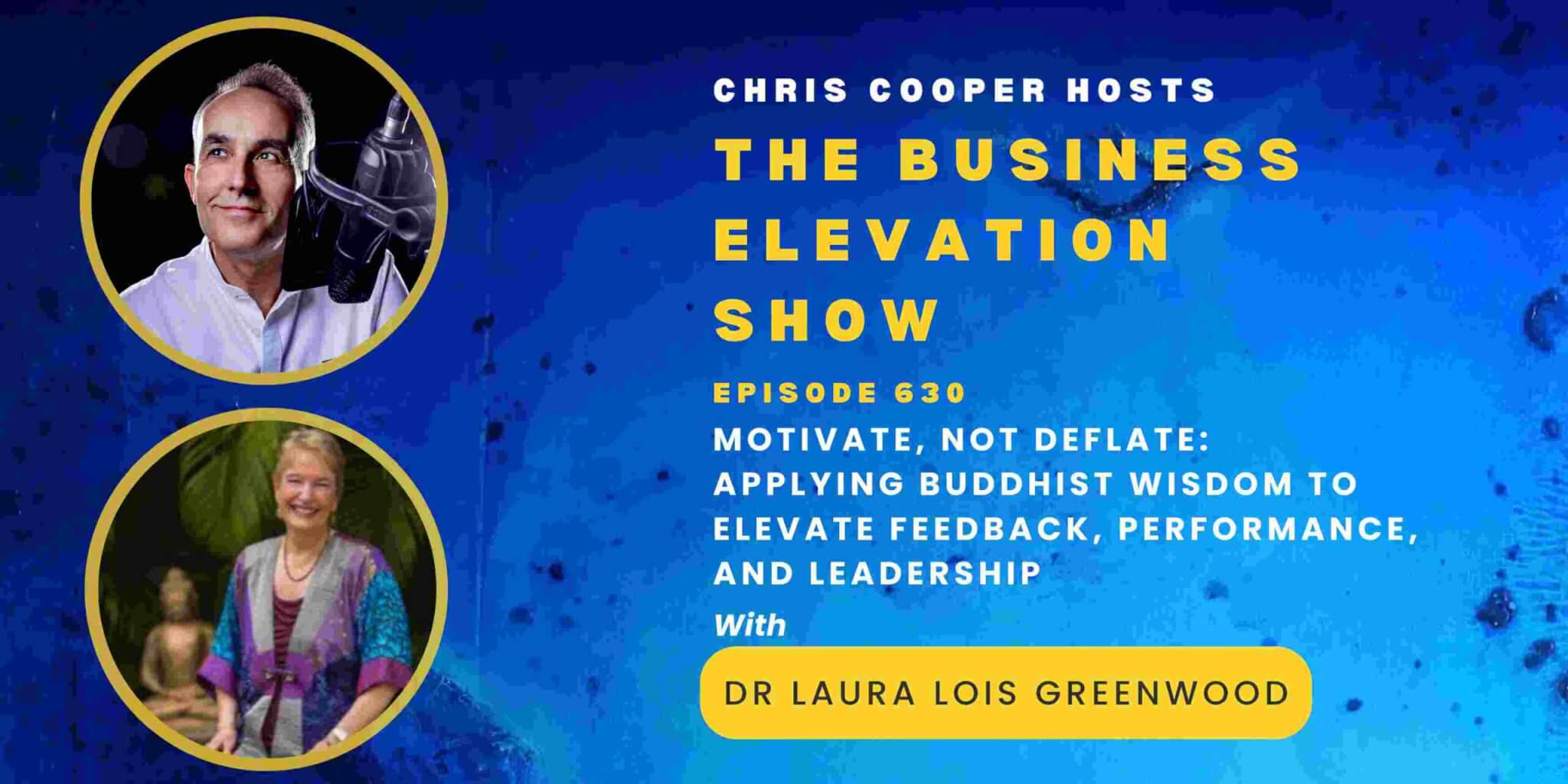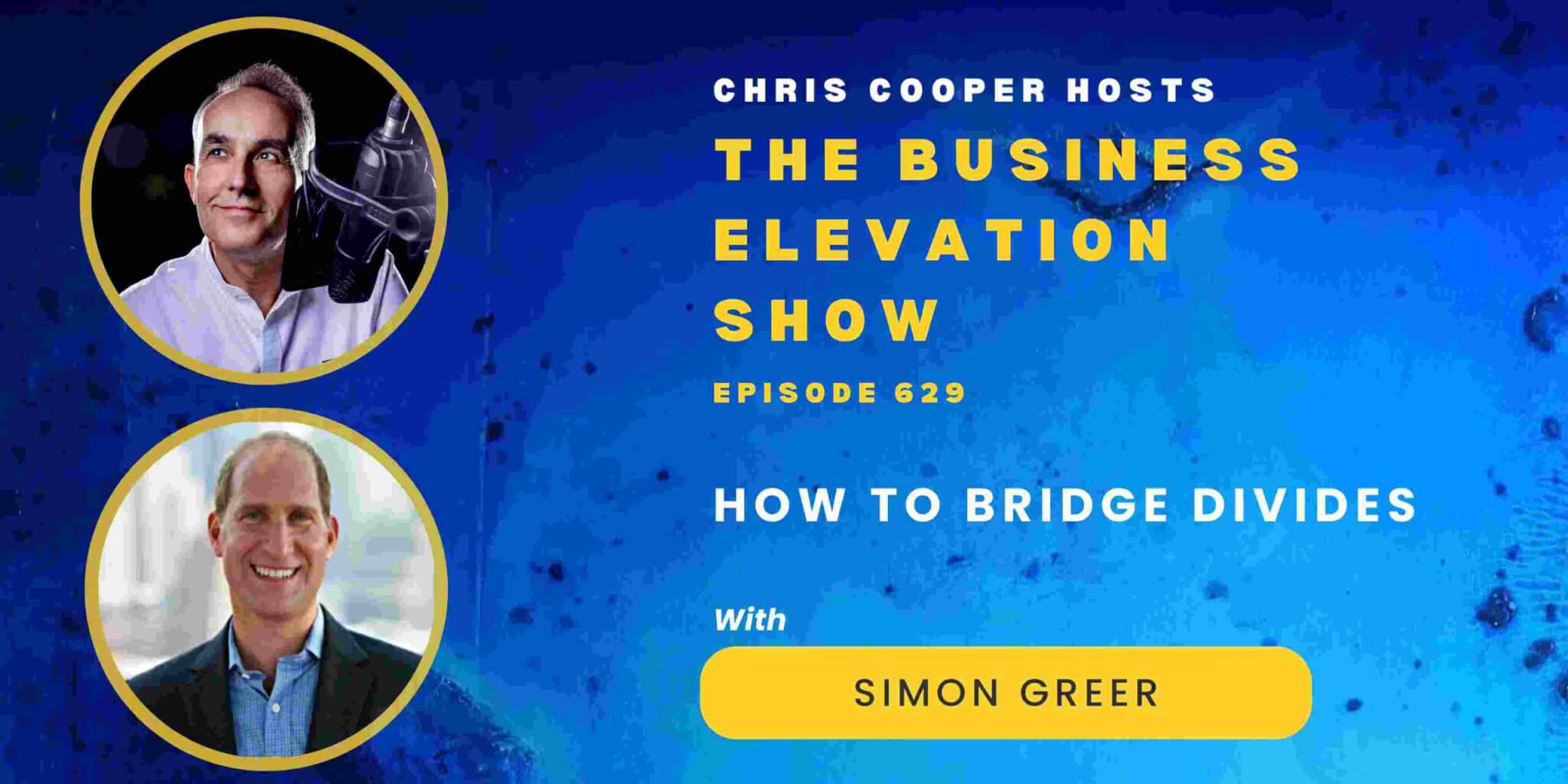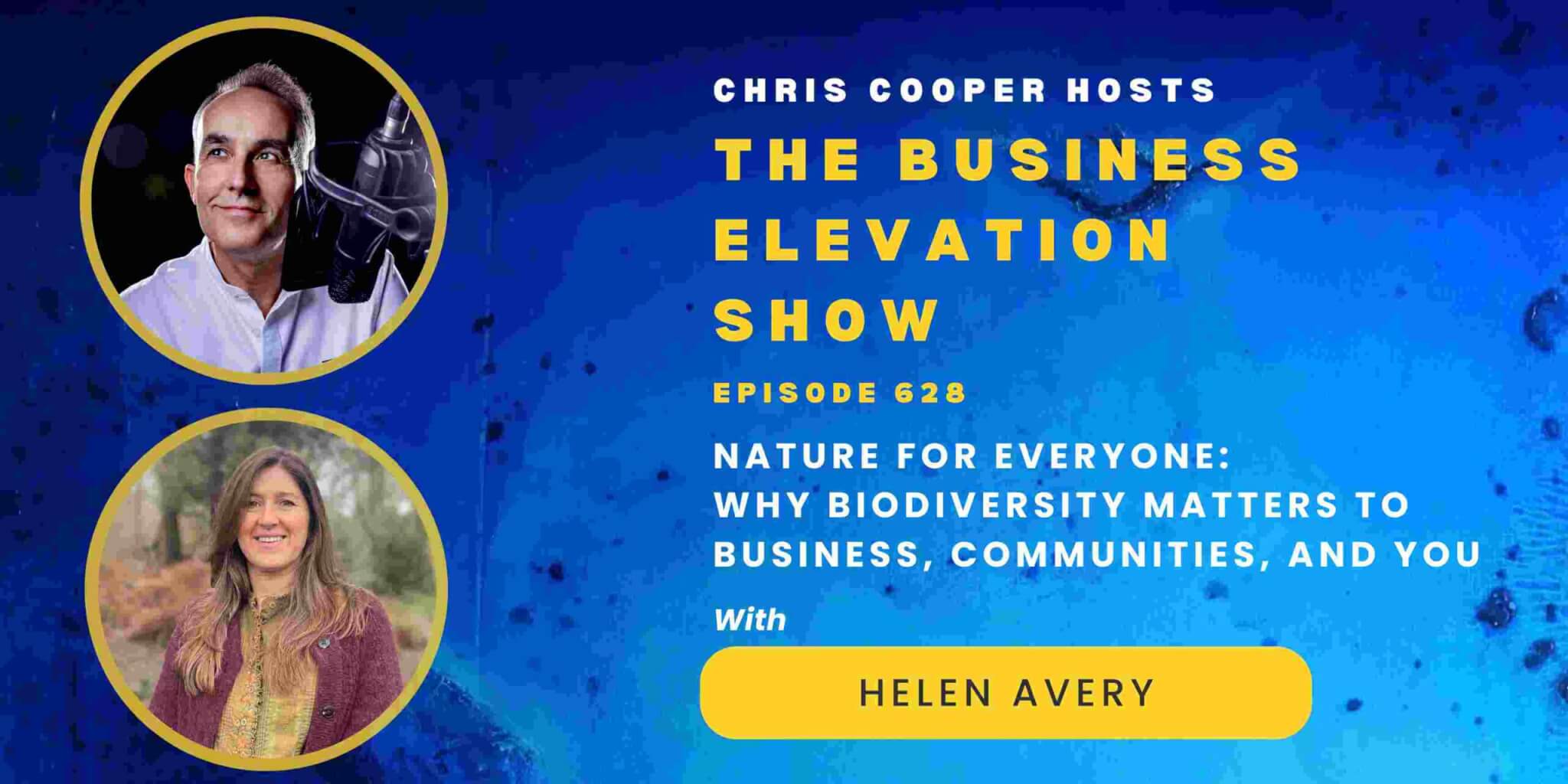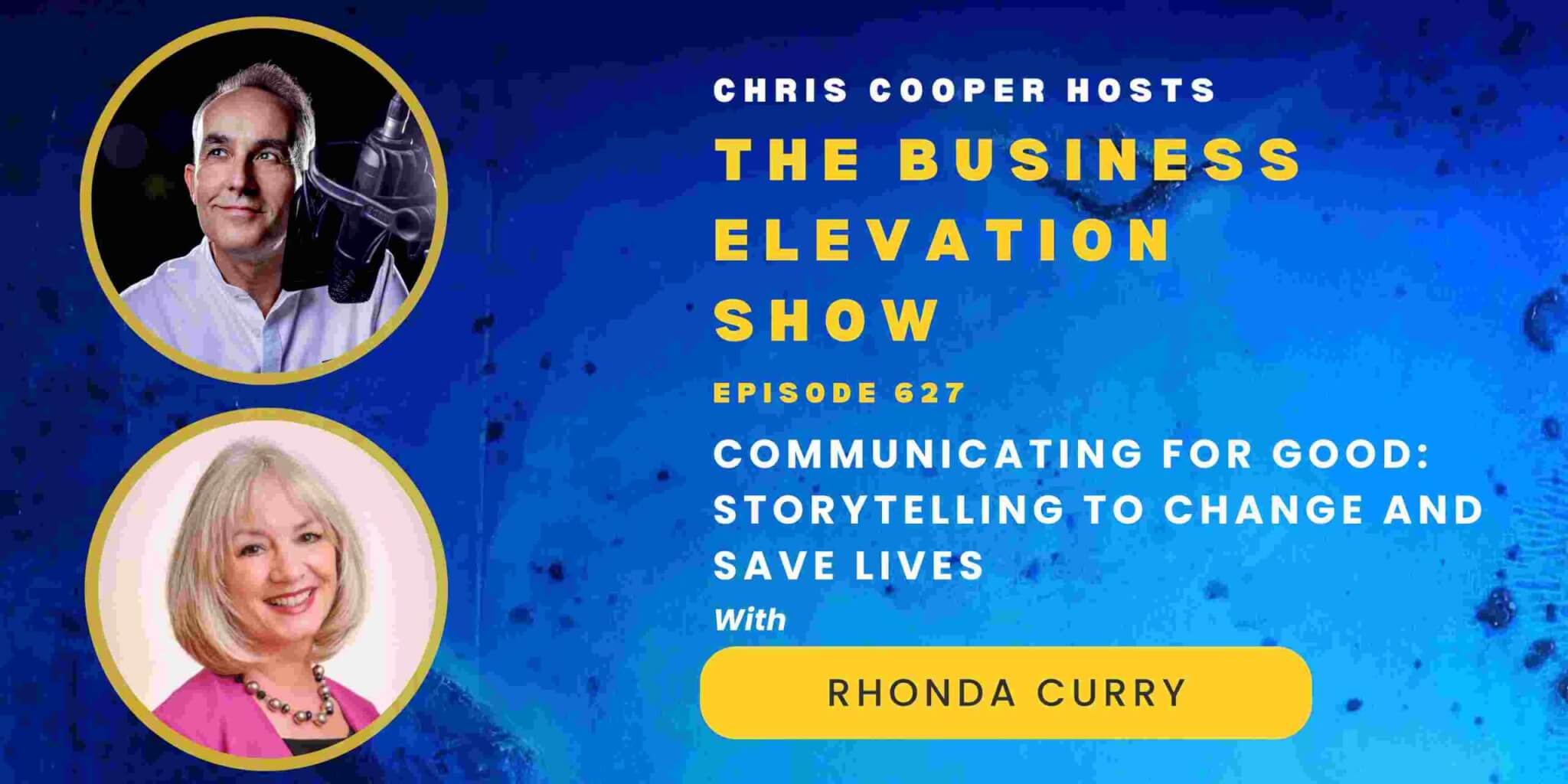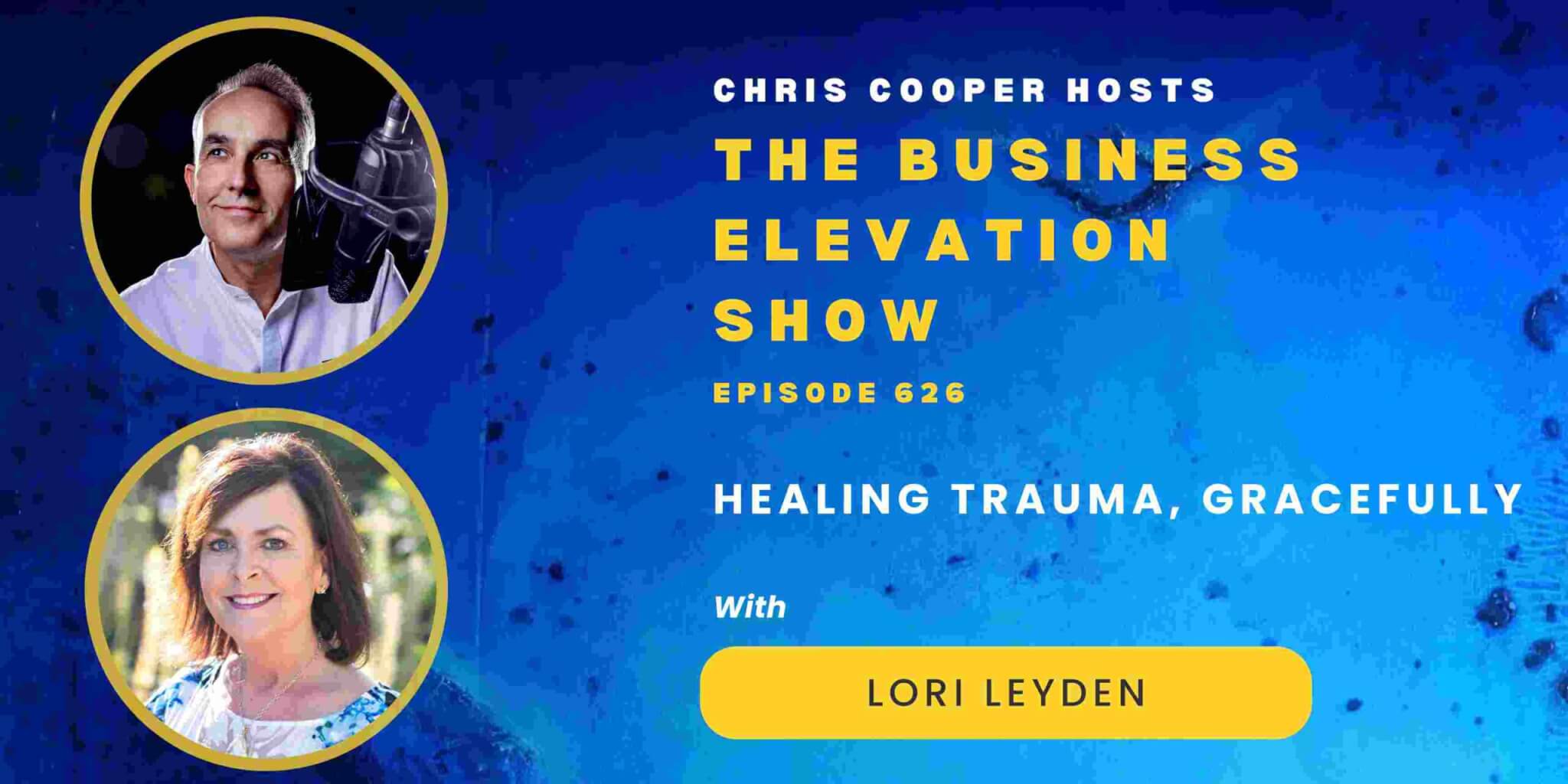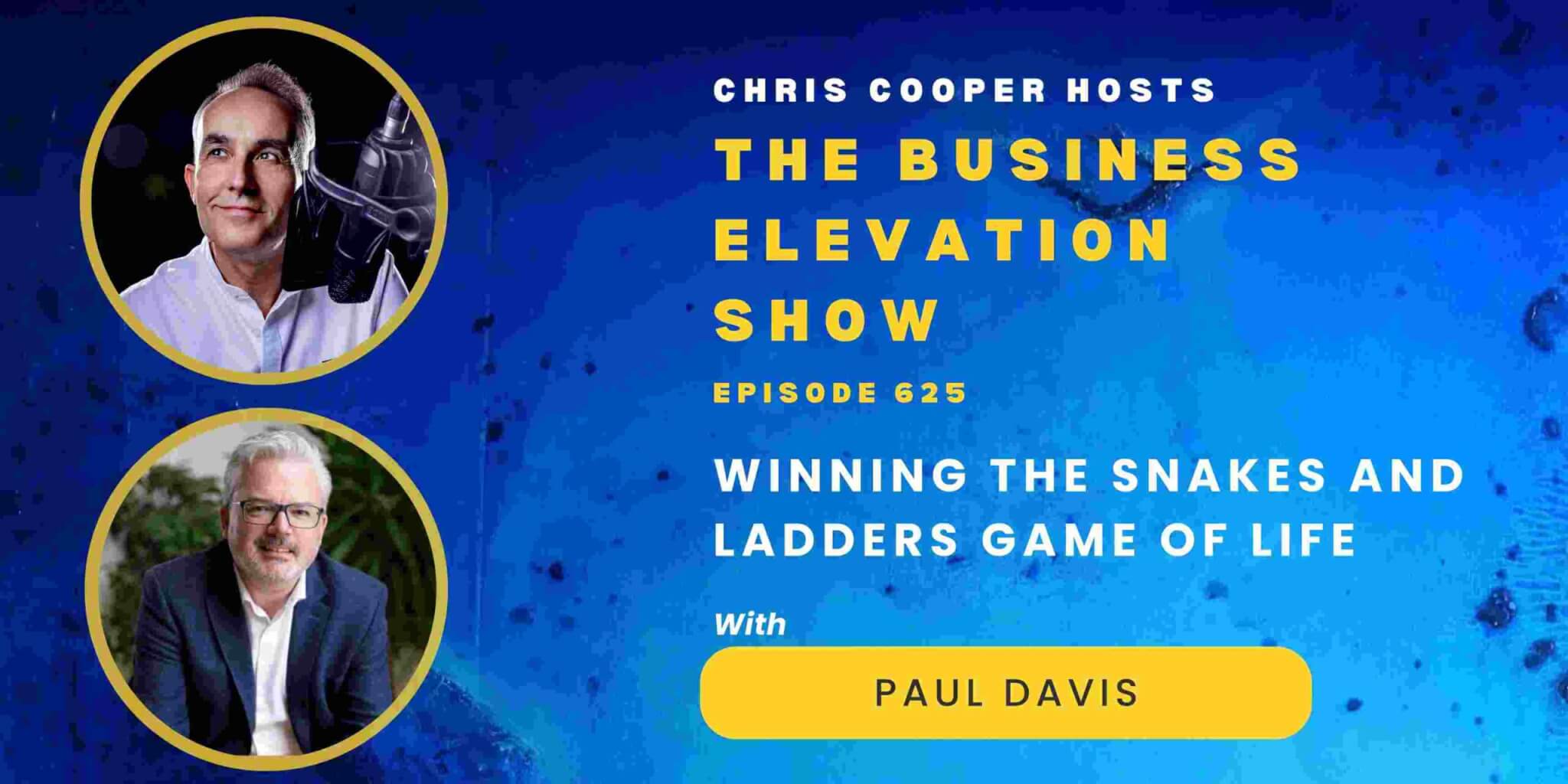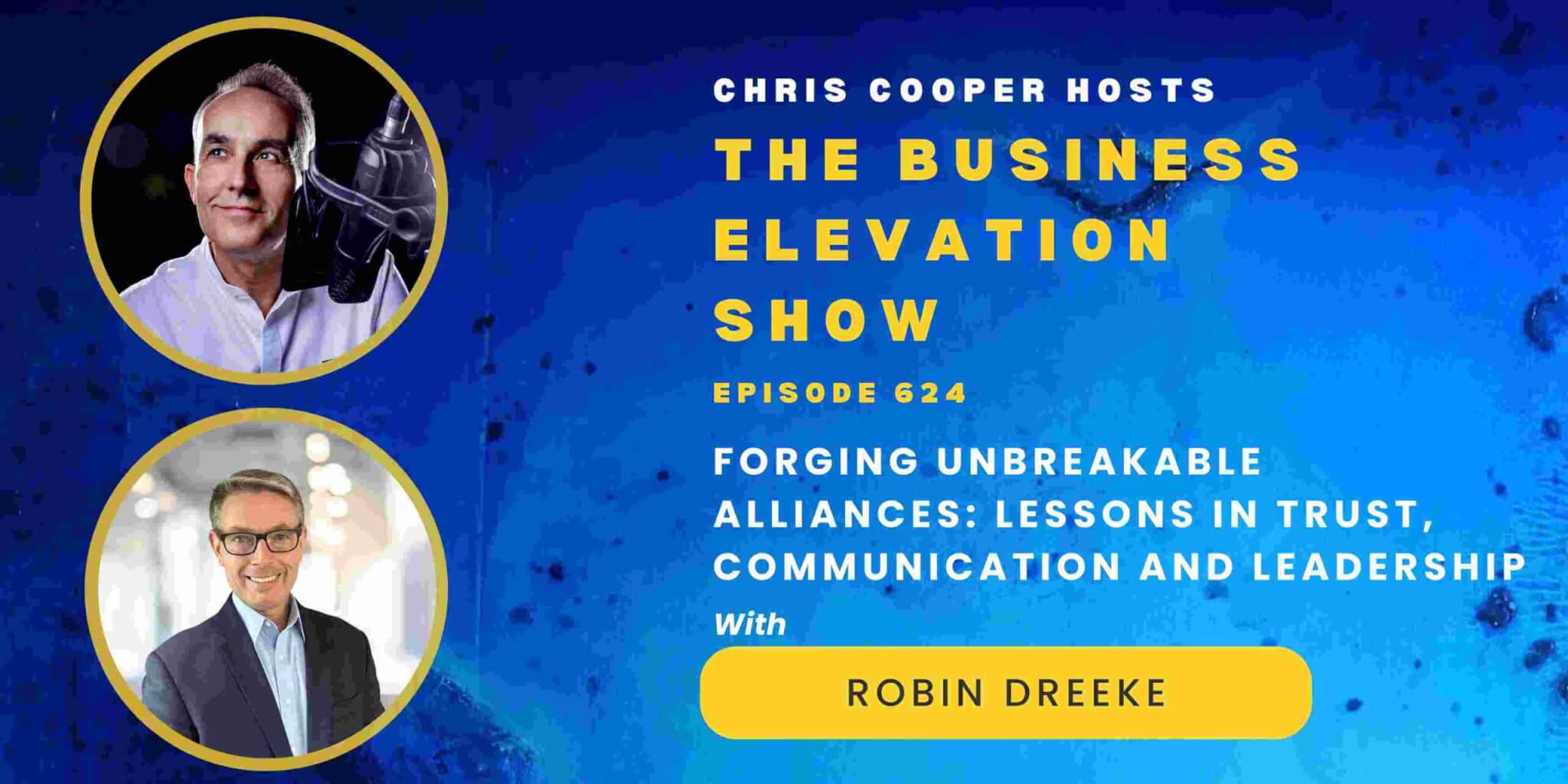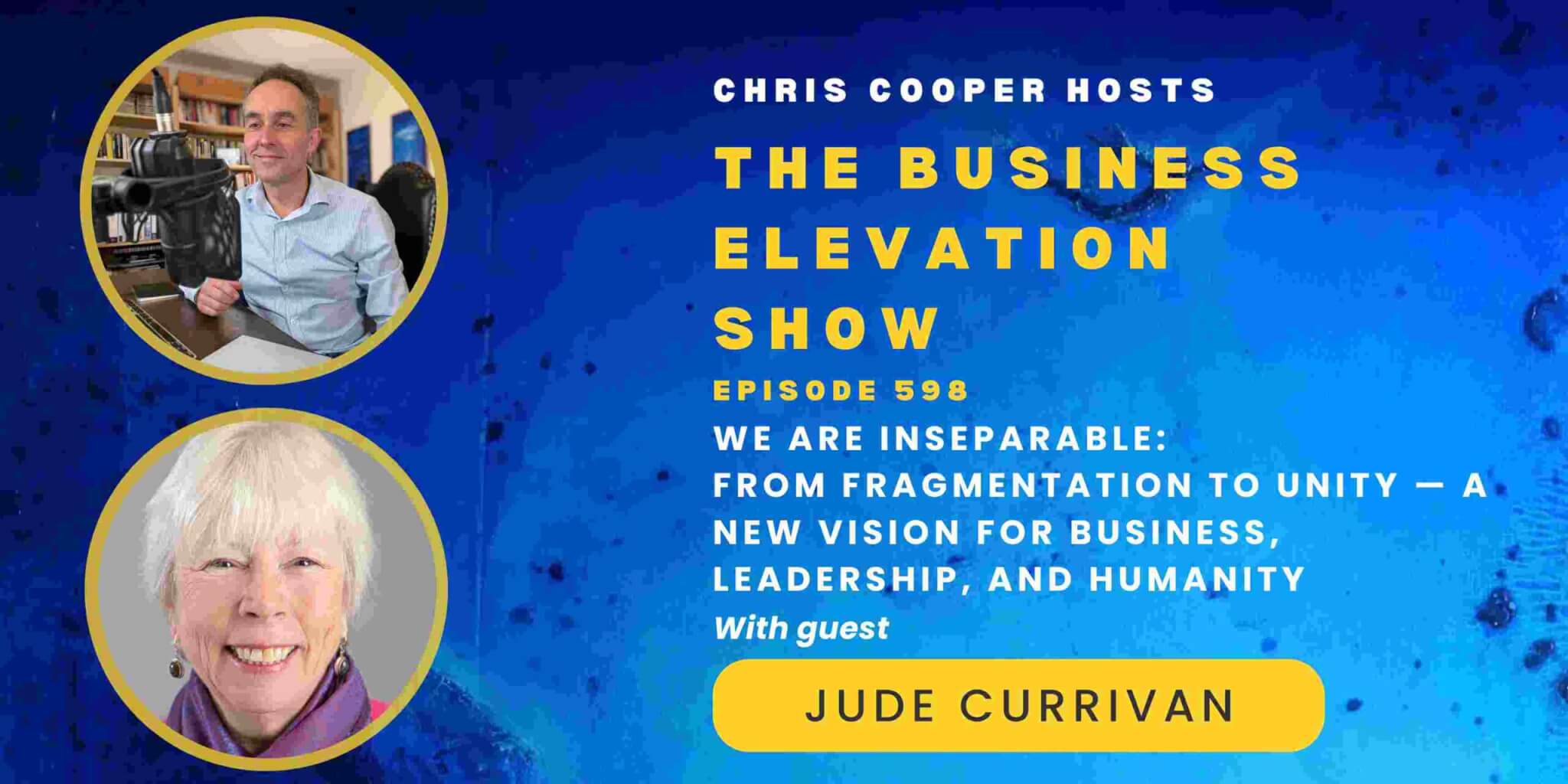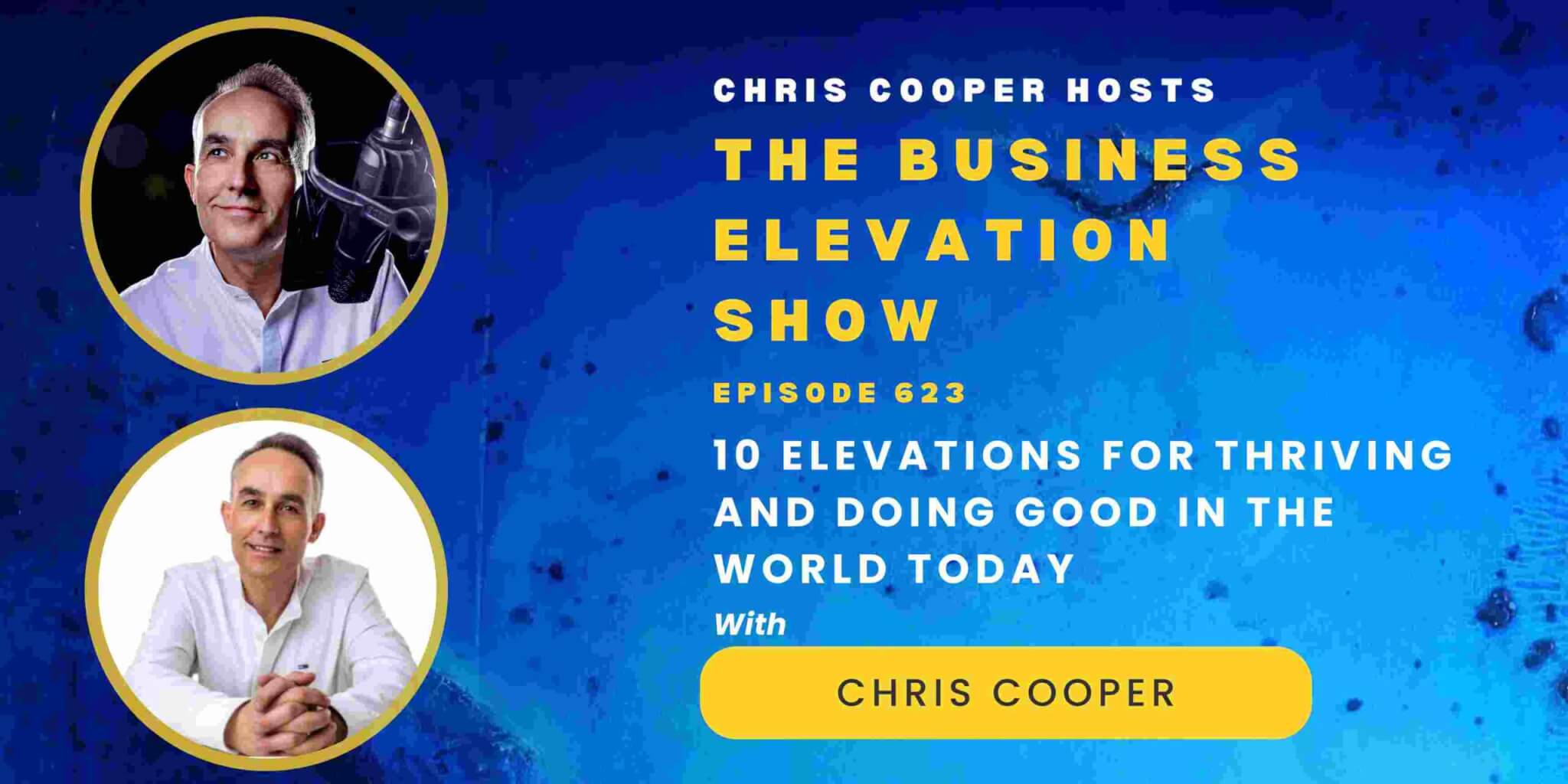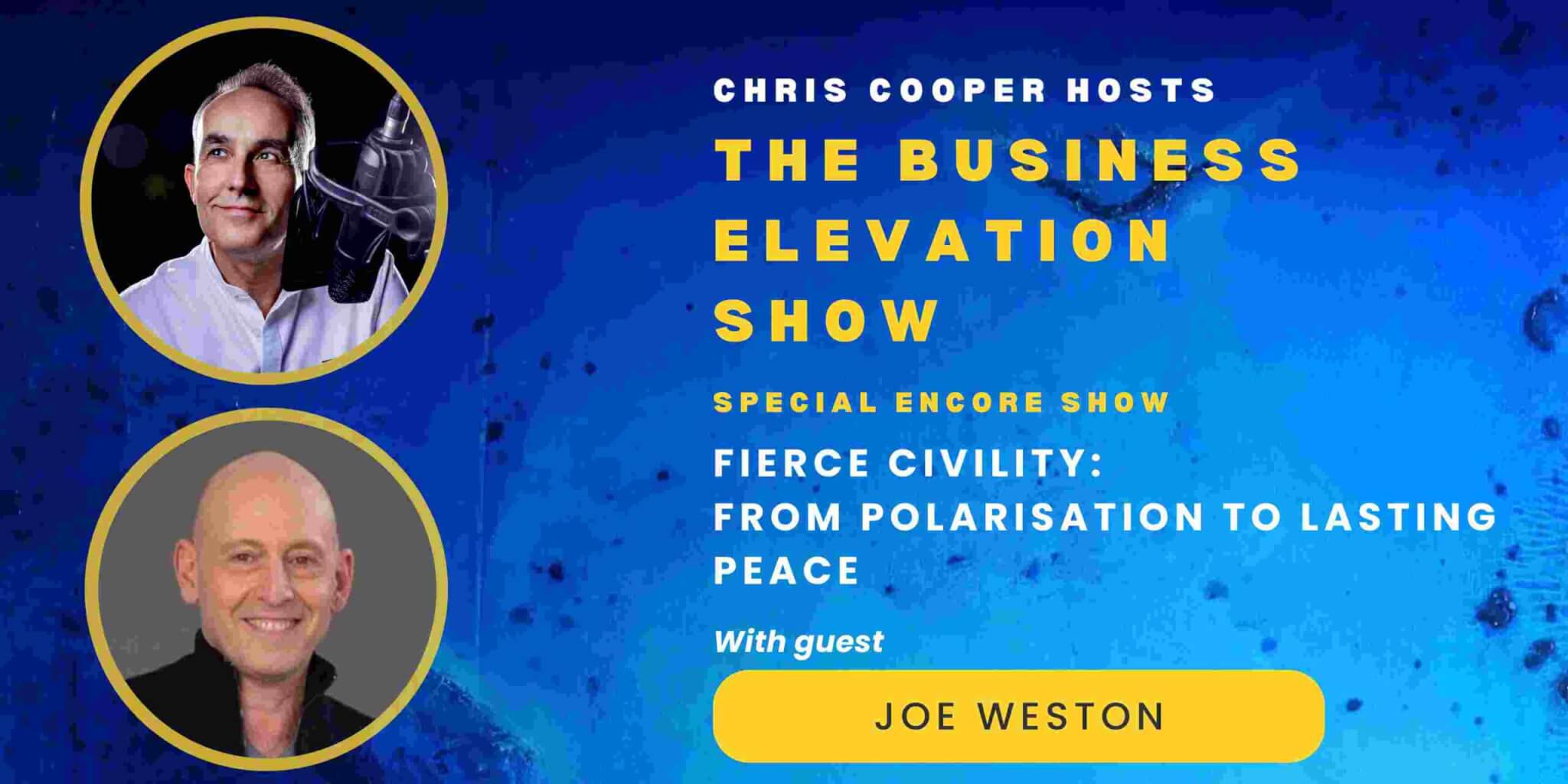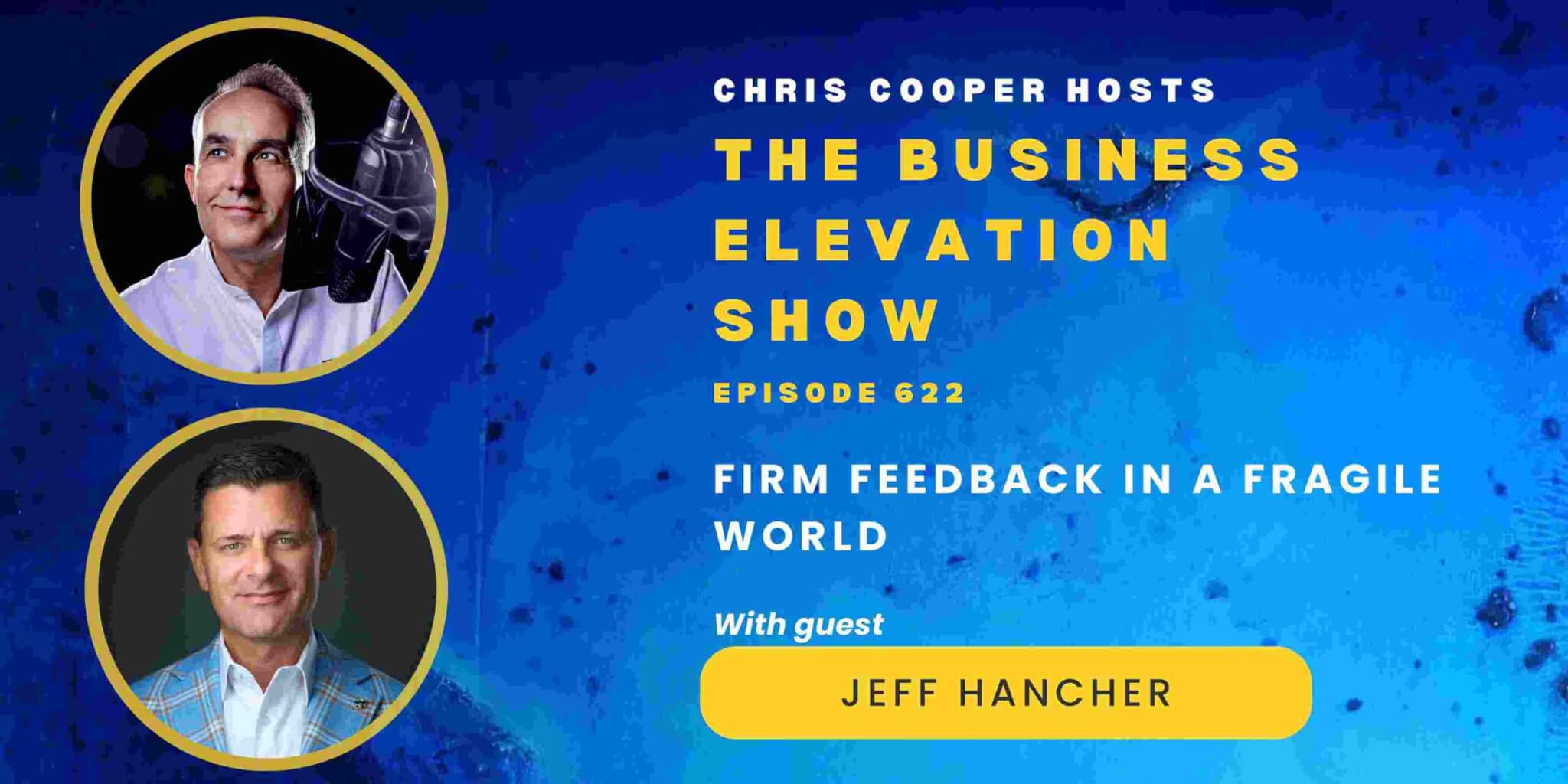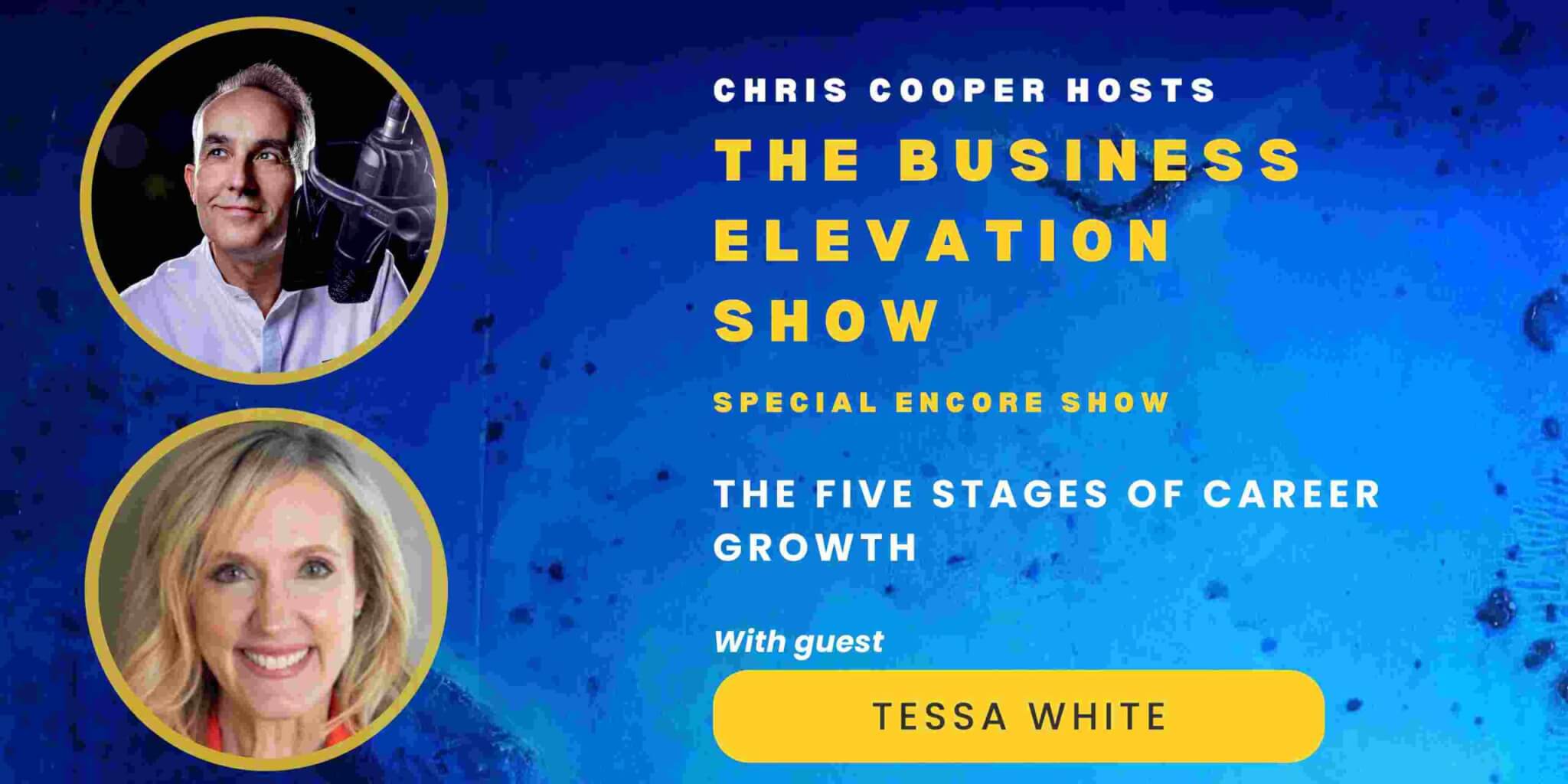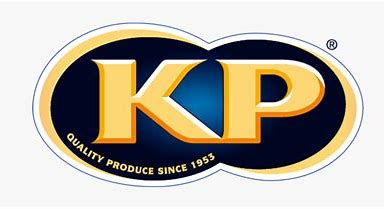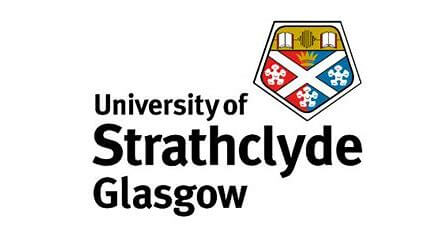The Glacier That Could Change Everything: What Thwaites Teaches Us About Leadership, Urgency and Action with Dr Ted Scambos
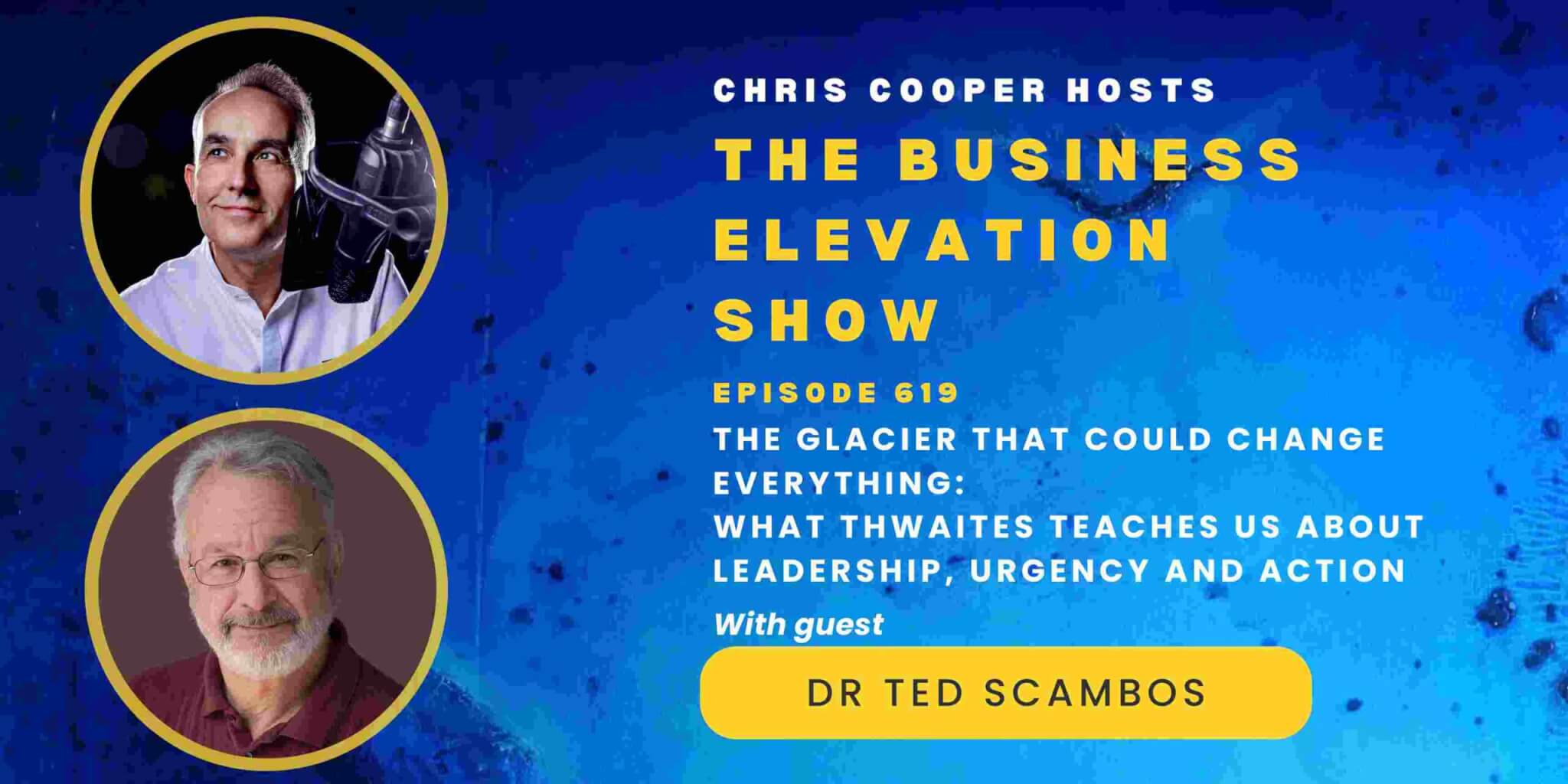
Deep beneath the frozen frontier of Antarctica, a massive glacier the size of the UK is sliding toward the sea. Thwaites — known as the “Doomsday Glacier” — could raise global sea levels by more than two feet and trigger the collapse of the entire West Antarctic Ice Sheet, reshaping coastlines and economies worldwide.
In this eye-opening conversation, Dr. Ted Scambos, Senior Research Scientist at the University of Colorado, joined Chris Cooper to reveal what satellite data and 24 Antarctic expeditions have taught him about climate tipping points, resilience, and human ingenuity.
Together they explored how science, technology, and leadership intersect — and why the same qualities that help scientists survive in Antarctica are exactly what businesses need to navigate a warming, uncertain world.
Here are some insights from the interview you won’t want to miss:
- Urgency of Climate Action
Dr Ted Scambos emphasised that the pace of global warming is unprecedented—faster than anything known in Earth’s history. He discussed how the changes we’re causing to the atmosphere have not been seen for millions of years and urged immediate attention and action. - Significance of Thwaites Glacier
Thwaites Glacier, often called the “Doomsday Glacier,” is massive (the size of the UK) and is rapidly melting. Its potential collapse could raise global sea levels by several feet, having a dramatic impact on coastlines, economies, and communities worldwide. - Leadership, Resilience, and Teamwork Under Extreme Conditions
Living and working in Antarctic deep field expeditions taught Dr Ted Scambos critical lessons about leadership, communication, and adaptability. He emphasised that teamwork is put to the test when you’re isolated in extreme environments, relying on a small group for survival, task execution, and problem solving. - Prioritisation and Flexibility Are Essential
Unexpected changes and limited resources are a constant challenge in Antarctic science. Dr Ted Scambos noted the importance of planning meticulously but also being prepared to reprioritise on the fly, a lesson that’s highly applicable to business settings. - Science and Business Must Collaborate
Both Chris Cooper and Dr Ted Scambos highlighted the role businesses can play in fighting climate change where political will is lacking. Investment in climate research, clean energy, and technological innovation is vital. - Beware of Engineering “Quick Fixes”
While engineering solutions (like giant ocean curtains or atmospheric aerosols) may sound appealing, Dr Ted Scambos warned that these are extremely expensive, fraught with unforeseen consequences, and often only tackle the symptoms—not the root cause—of climate change. He advocated for focusing on reducing greenhouse gases directly. - Optimism Mixed with Realism
Despite the enormity of the problem, Dr Ted Scambos remains hopeful that humanity has the knowledge and tools to address the crisis, provided we have the collective will to act. - Research Funding Is Critical
Financial support for climate research, which is currently facing setbacks in the US, is needed more than ever. Business leaders and entrepreneurs are encouraged to invest in or support vital scientific work, not just for profit, but for the future of the planet. - Inspirational Call to Action
The conversation ended on an inspiring note, with a reminder that many people are quietly doing good work to create positive change. Businesses and individuals can and should be part of the solution.
We are pushing the atmosphere hard… Are we smart enough politically to take action before it’s a catastrophe? – Dr Ted Scambos
From the race to decarbonise and the promise of clean energy to the rise of AI and data-driven climate solutions, this episode asks: What can leaders, innovators, and organisations for good learn from the planet’s most extreme experiment? How can business step up where politics falters to create hope, not heat?
Because what happens in Antarctica affects every boardroom, every market, and every coastline — and the time for good leadership is now.
You can listen to this Business Elevation Show interview with Dr Ted Scambos & Chris Cooper here. Alternatively on Apple Podcasts, Spotify, Tunein, Amazon Music, iHeart Radio (latter US only).
More about Dr Ted Scambos:

Dr. Ted Scambos is a Senior Research Scientist at the Earth Science and Observation Center, a part of CIRES at the University of Colorado in Boulder.
He has specialised in using satellite data of the polar ice caps to map these regions in new ways, and study the effects of climate change in Antarctica.
Among his research interests are climate change impacts on the polar regions, Antarctic history, geochemistry and planetary science.
He has studied the collapse of ice shelf areas and glacier acceleration in the Antarctic Peninsula, ice streams of the Ross Ice Shelf, and wind-snow interactions on the East Antarctic Plateau.
A recent study used satellite thermal data to identify the coldest locations in Antarctica, and the processes that set the minimum winter temperatures. A major focus of his work now is developing instrumentation to monitor Antarctic climate and ocean circulation in areas of major change.
He holds a Masters degree from Virginia Polytechnic Institute and State University and a Ph.D. in geology from the University of Colorado at Boulder (1991). Dr. Scambos served as Lead Scientist at the National Snow and Ice Data Center for 14 years, and has mentored 6 Ph.D. and M.S. students.
He has been on twenty-four expeditions to Antarctica, and has been a lecturer on two National Geographic cruises to the continent. He is the author or co-author of more than 150 scientific articles, with funding from NASA, NSF, and USGS.
He lives with his wife Kari in Lafayette, Colorado, and has two adult sons, Alex and Ben.

